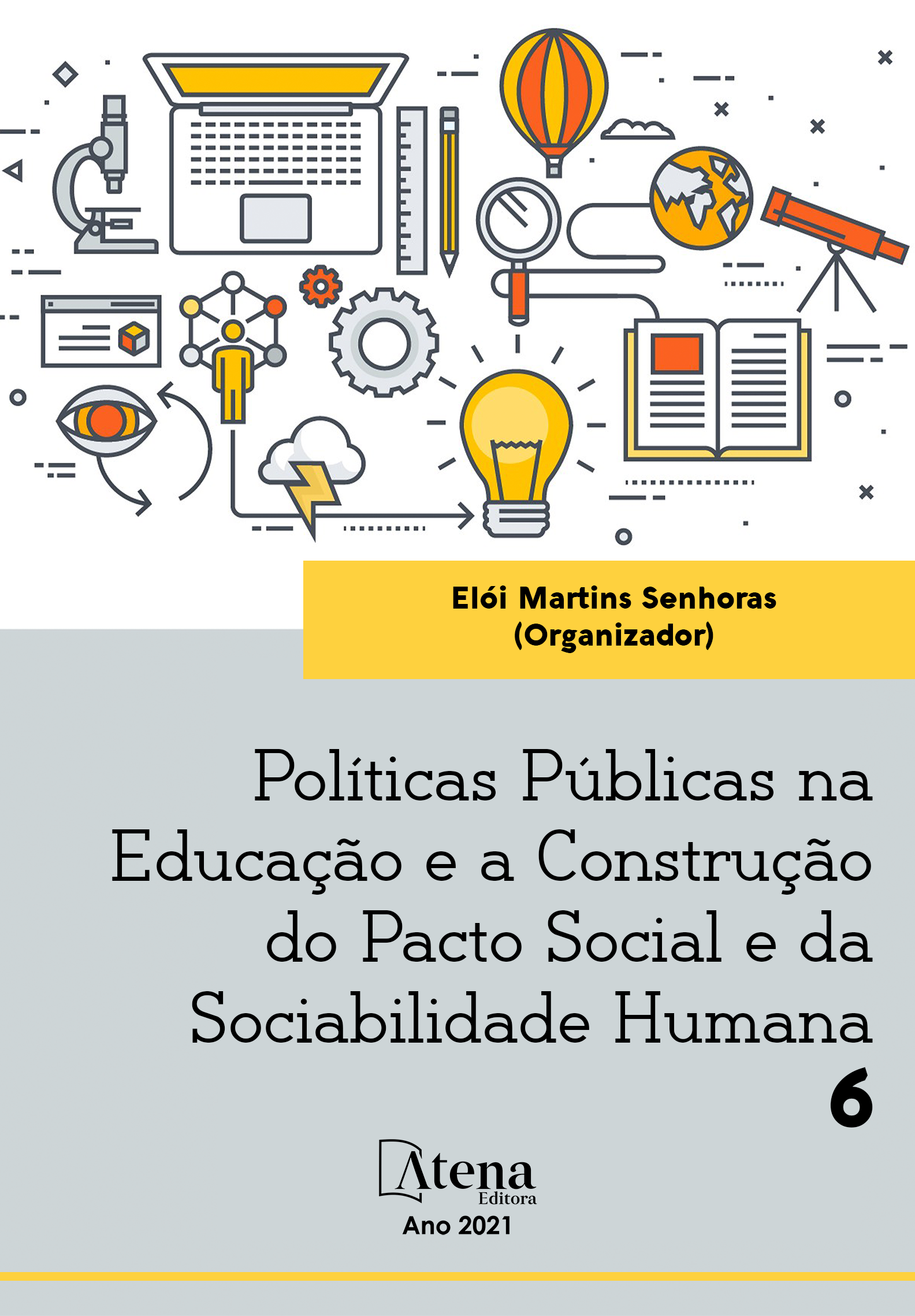
MODELO DE APRENDIZAGEM PERSONALIZADO DAS FUNÇÕES TRIGONOMÉTRICAS NA EDUCAÇÃO SECUNDÁRIA
Esta pesquisa teve como objetivo otimizar o processo de ensino-aprendizagem da matemática para um modelo de aprendizagem personalizado e a utilização de ferramentas tecnológicas em alunos do 5º ano do ensino médio no tema funções trigonométricas, visando o alcance de uma aprendizagem eficiente. O referencial teórico que sustentou o estudo foi o construtivismo pedagógico e a análise dos conceitos fundamentais sobre as funções trigonométricas no nível elementar. A experiência pedagógica foi realizada em aulas sobre o tema funções trigonométricas na modalidade de pesquisa-ação pedagógica, com a participação interativa dos alunos e da professora por meio de softwares matemáticos. O trabalho de campo inicia-se com uma avaliação dos requisitos para o estudo das funções trigonométricas, segue-se a avaliação do processo e termina com uma avaliação final, cujos resultados são apresentados em tabelas e analisados por estatística descritiva. Verificando-se empiricamente que a estratégia didática implementada resultou na obtenção de aprendizagem significativa dos conceitos e procedimentos trigonométricos dos alunos, fomenta a motivação e o desenvolvimento de atitudes positivas para a aprendizagem da matemática em geral e das funções trigonométricas em particular. Isso é corroborado pelo nível de satisfação demonstrado pelos participantes.
MODELO DE APRENDIZAGEM PERSONALIZADO DAS FUNÇÕES TRIGONOMÉTRICAS NA EDUCAÇÃO SECUNDÁRIA
-
DOI: 10.22533/at.ed.22221120119
-
Palavras-chave: Construtivismo pedagógico, aprendizagem personalizada, funções trigonométricas, aprendizagem significativa
-
Keywords: Pedagogical constructivism, personalized learning, trigonometric functions, meaningful learning
-
Abstract:
This research aimed to optimize the teaching-learning process of mathematics to a personalized learning model and the use of technological tools in fifth grade high school students on the topic of trigonometric functions, aimed at achieving efficient learning. The theoretical framework that supports the study was pedagogical constructivism and the analysis of the fundamental concepts about trigonometric functions at the elementary level. The pedagogical experience was carried out during the classes on the topic of trigonometric functions in the pedagogical research-action mode, with interactive participation of the students and the teacher using mathematical software. The field work begins with an evaluation of requirements for the study of trigonometric functions, followed by process evaluations and concludes with an exit evaluation, the results of which are presented in tables and analyzed using descriptive statistics. Being empirically verified that the didactic strategy implemented resulted in the achievement of significant learning of trigonometric concepts and procedures of the students, fosters motivation and the development of positive attitudes for the learning of mathematics in general and of trigonometric functions in particular. This is corroborated by the level of satisfaction shown by the participants.
-
Número de páginas: 14
- Julia Ángela Ramón Ortiz
- Jesús Vilchez Guizado


